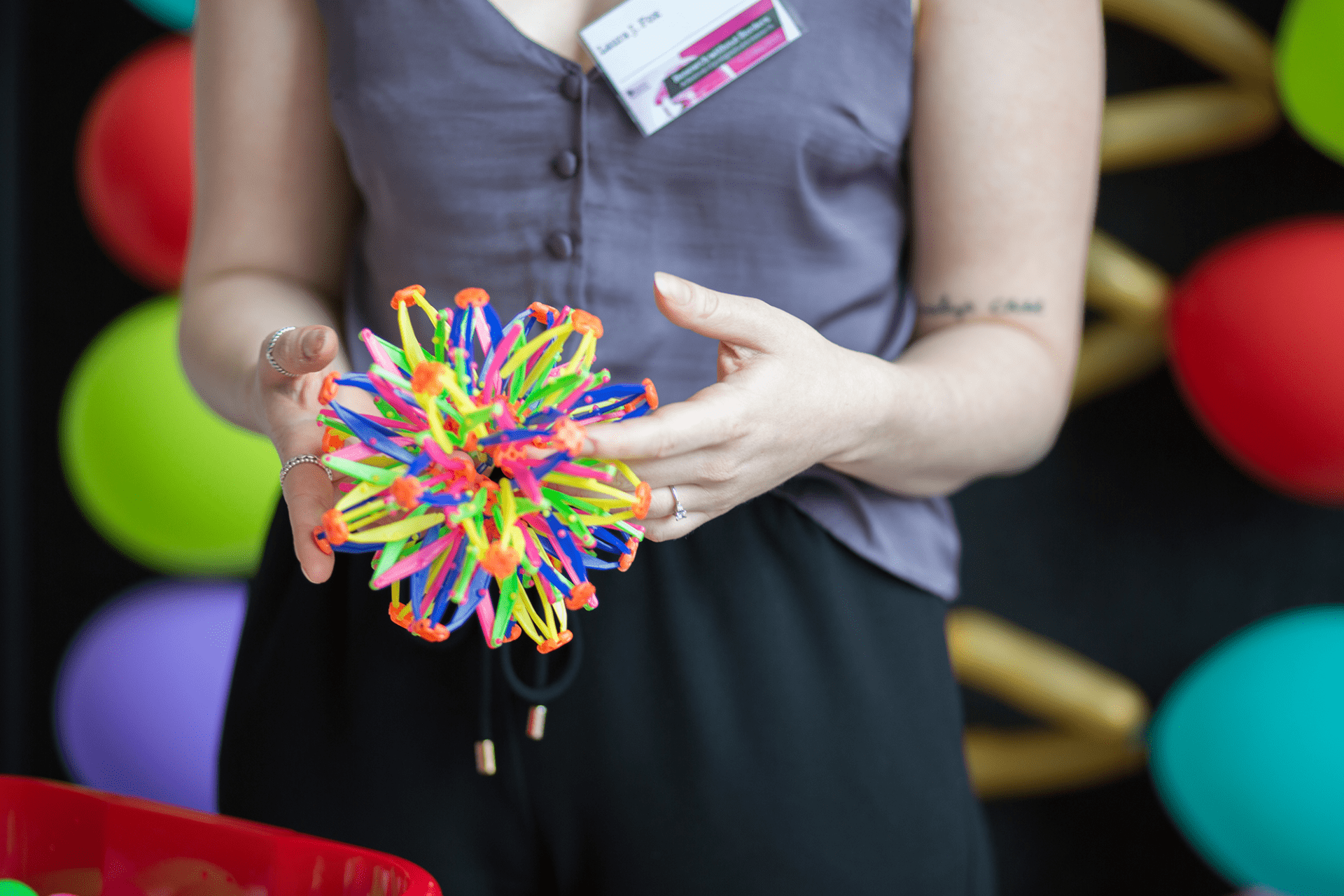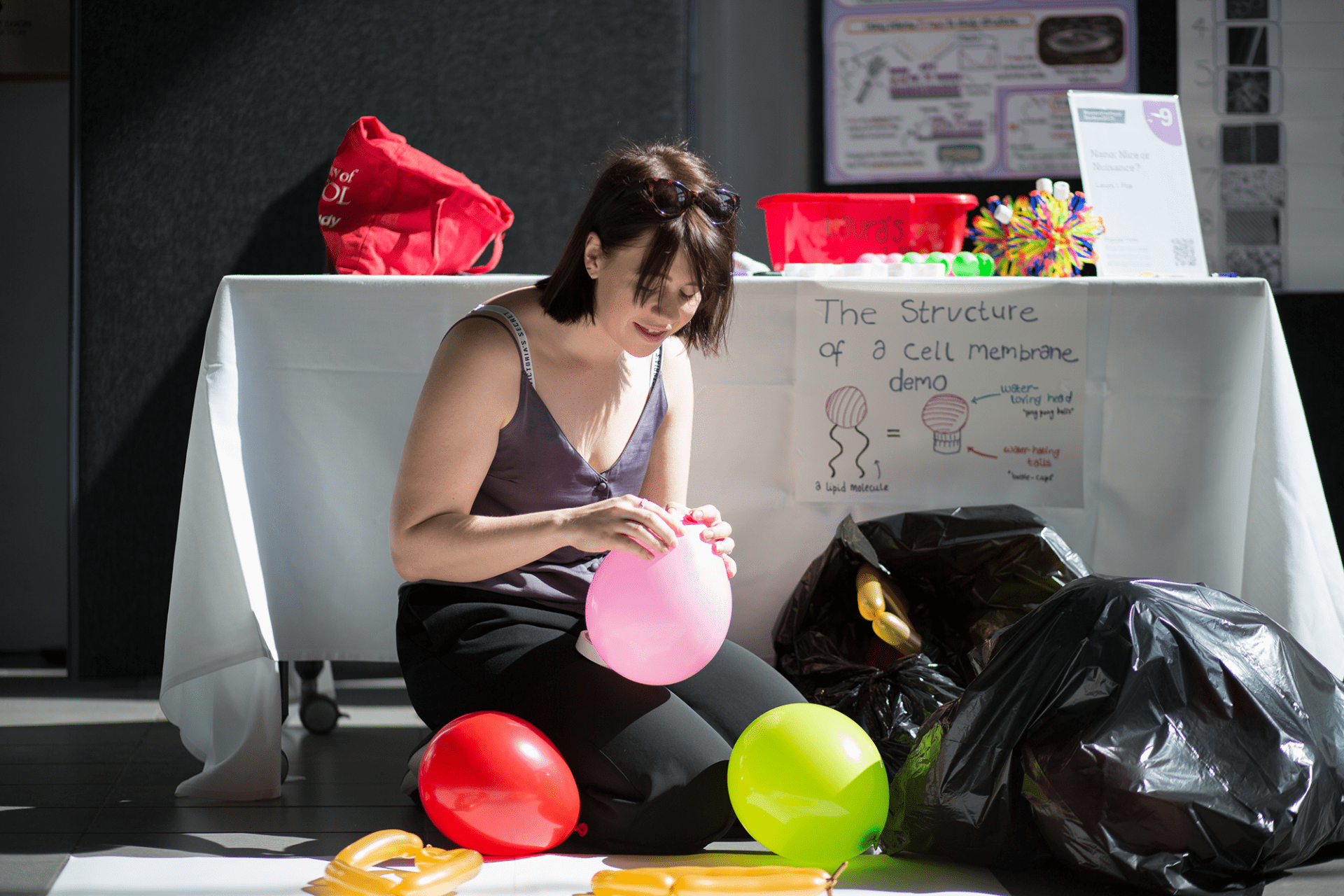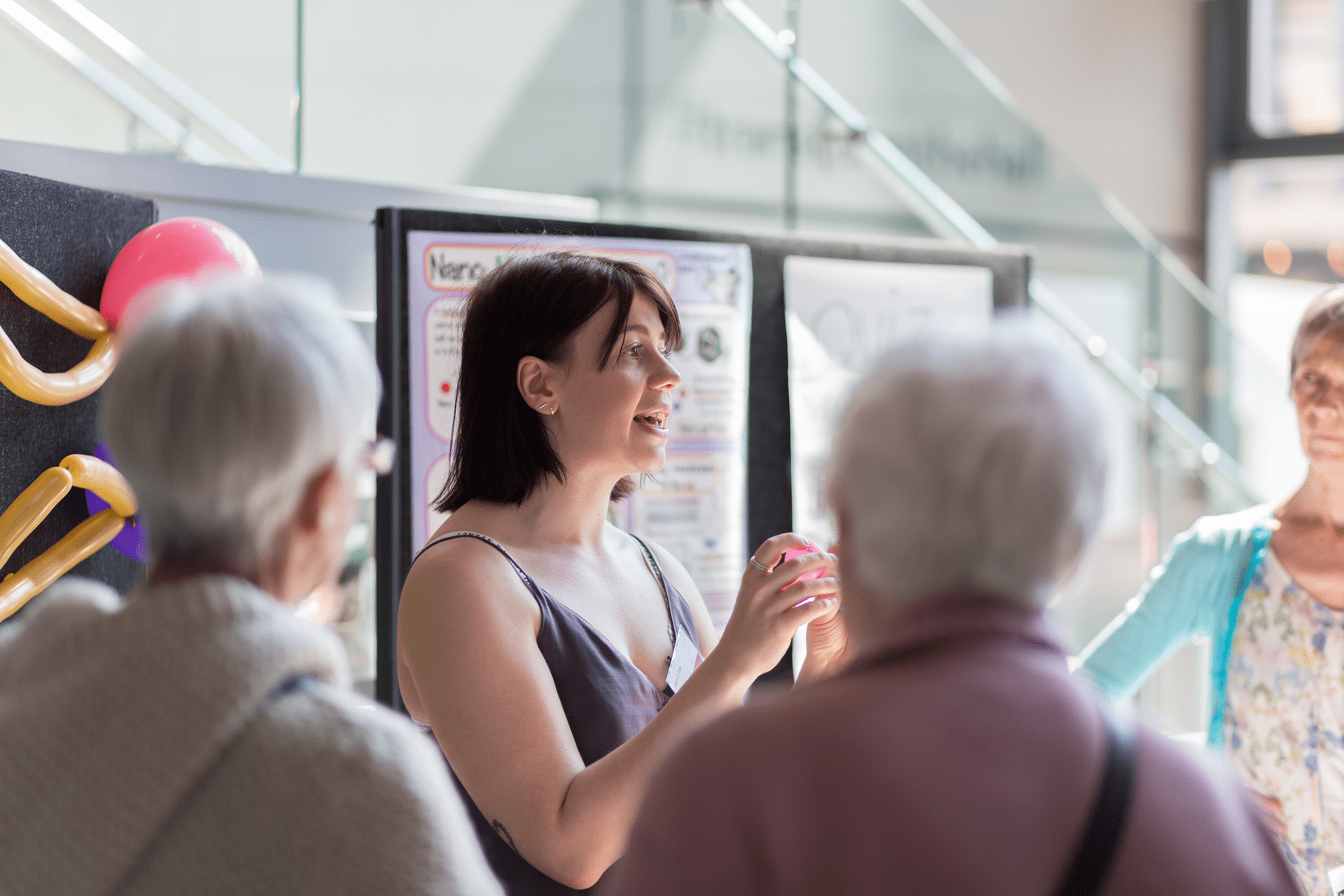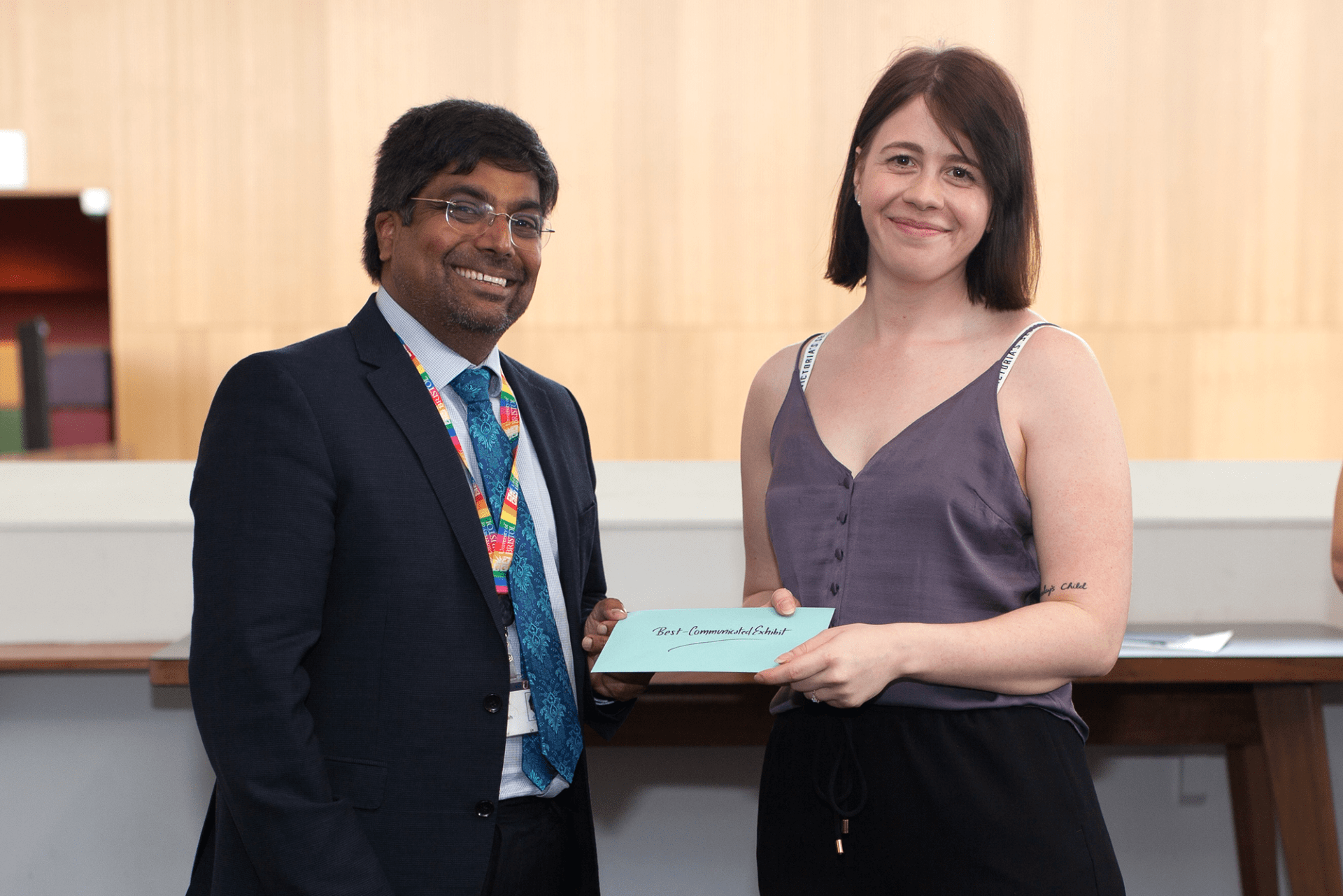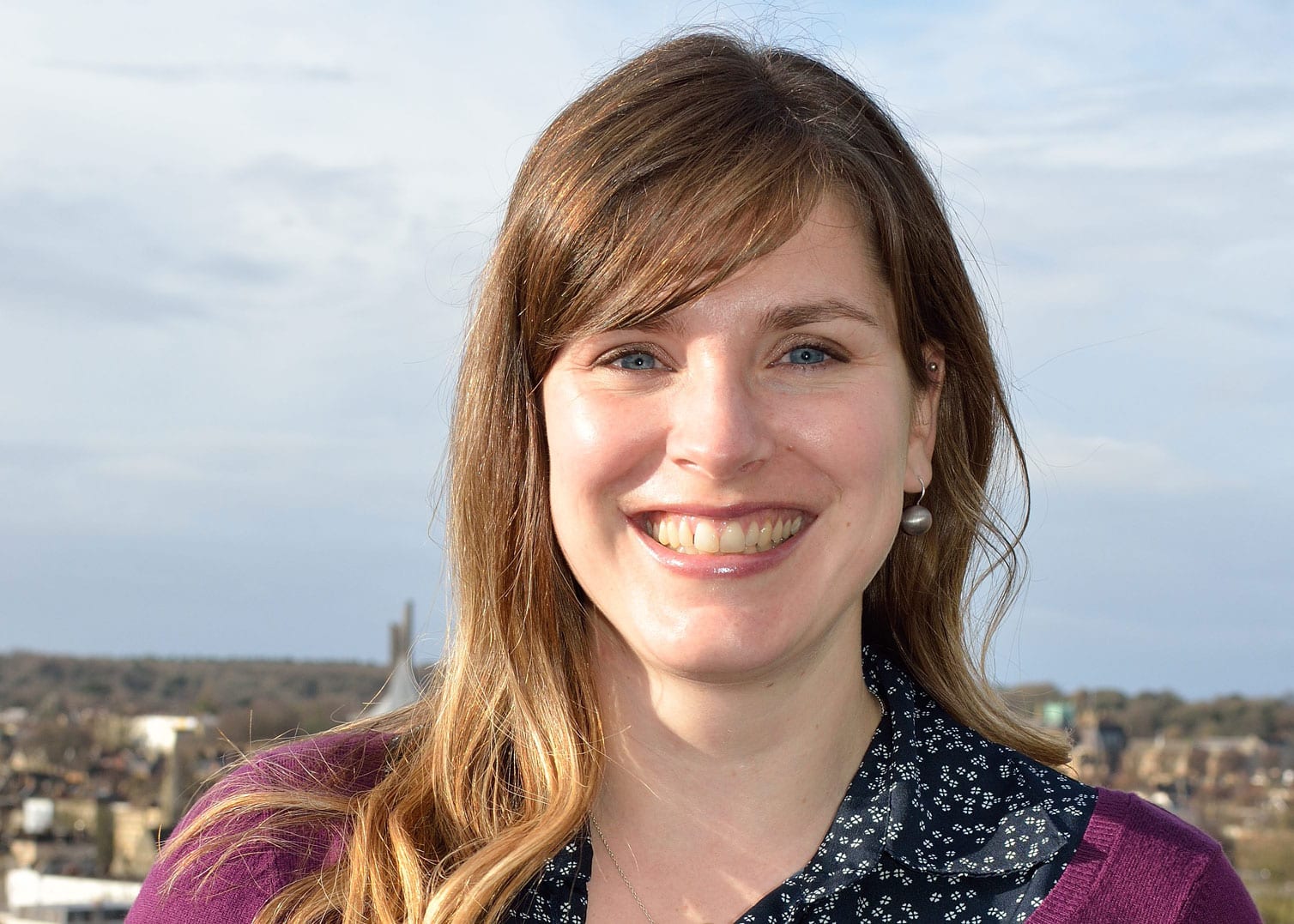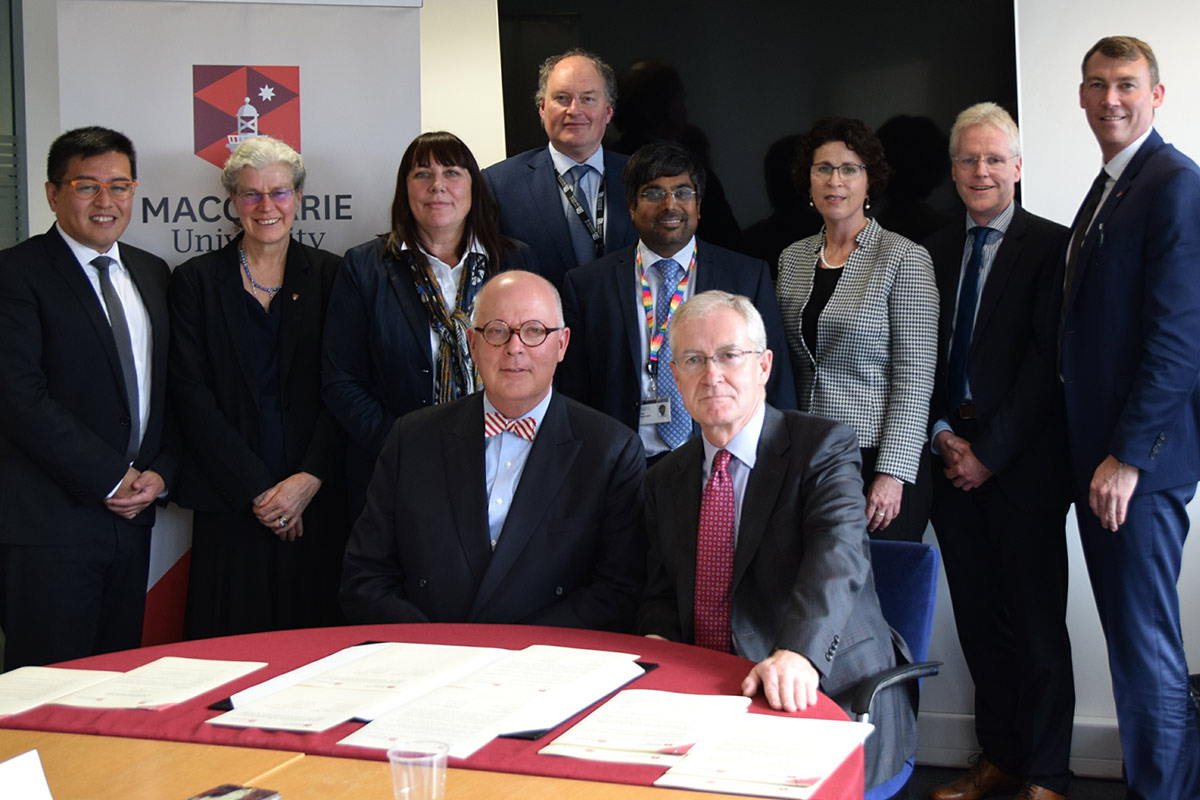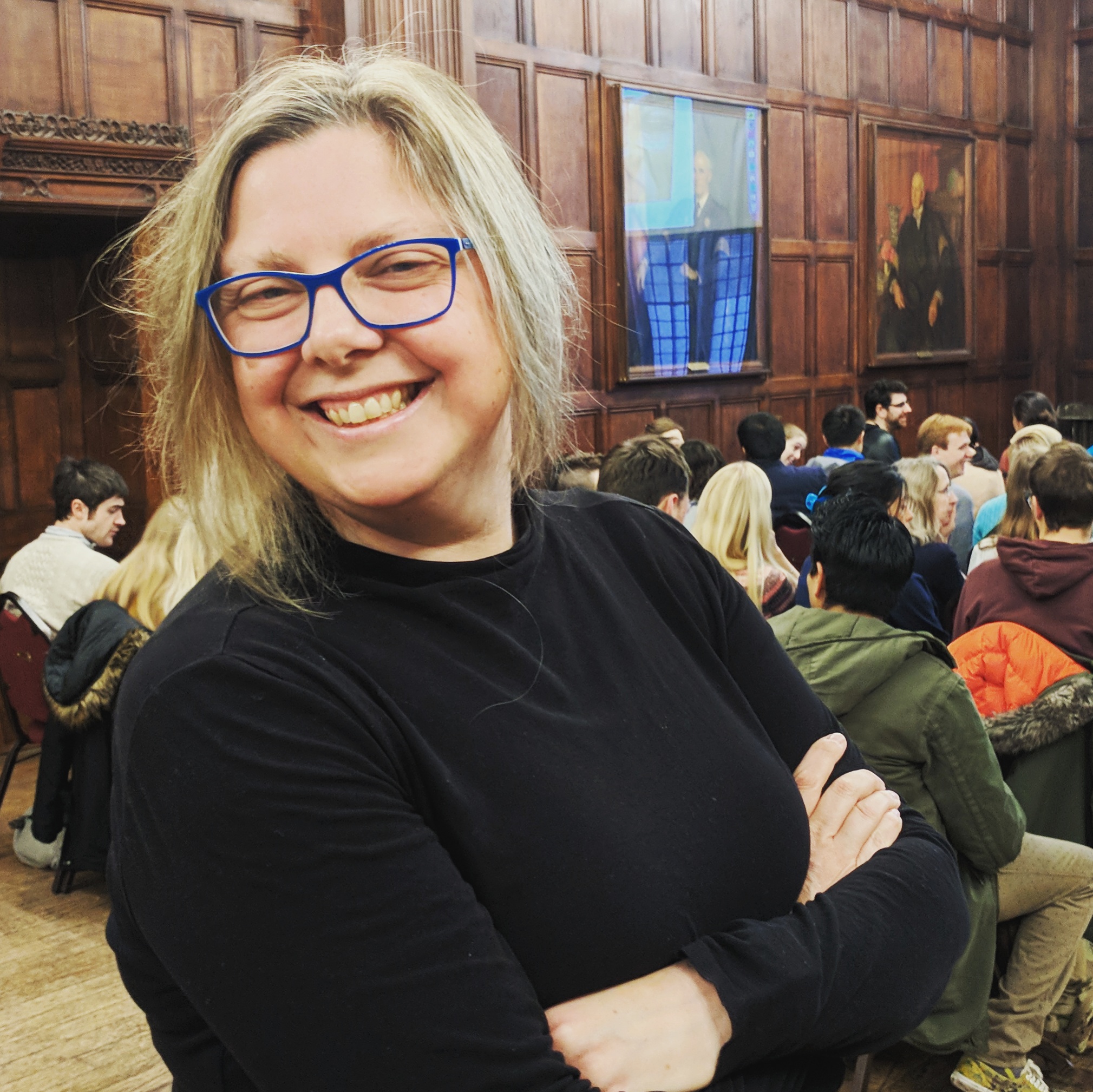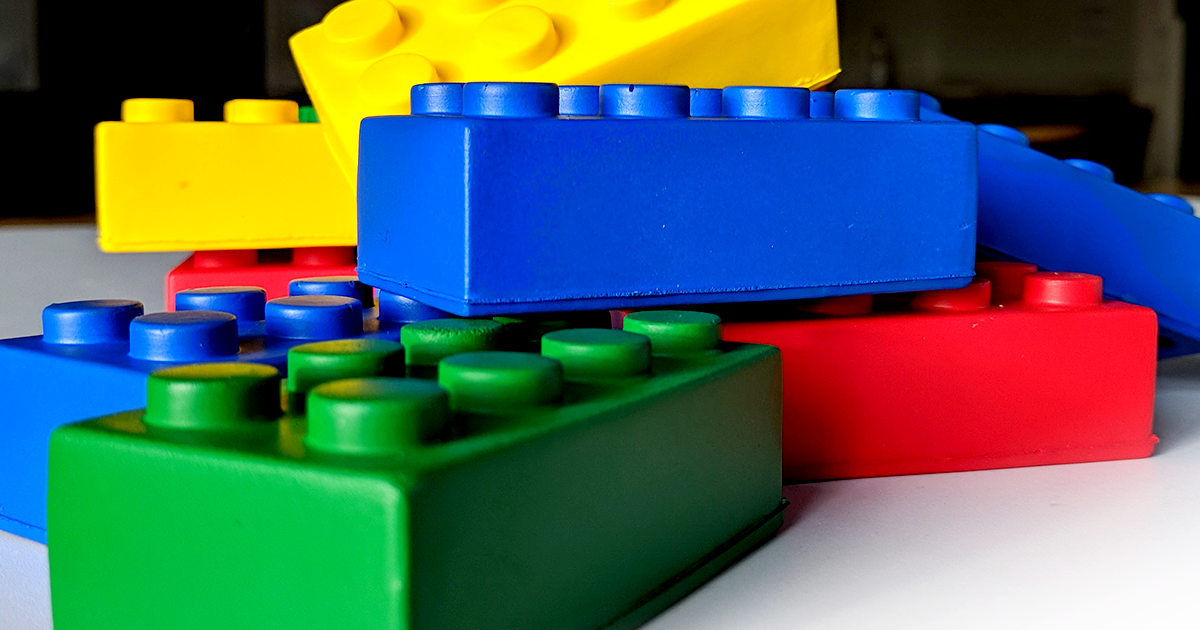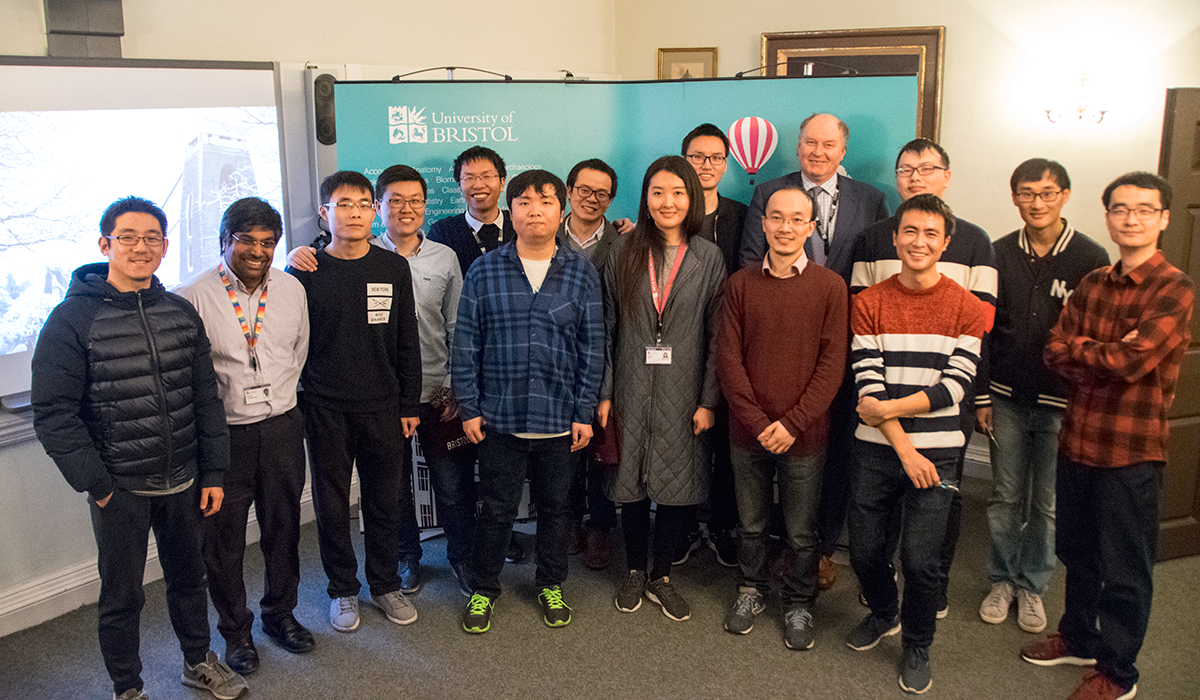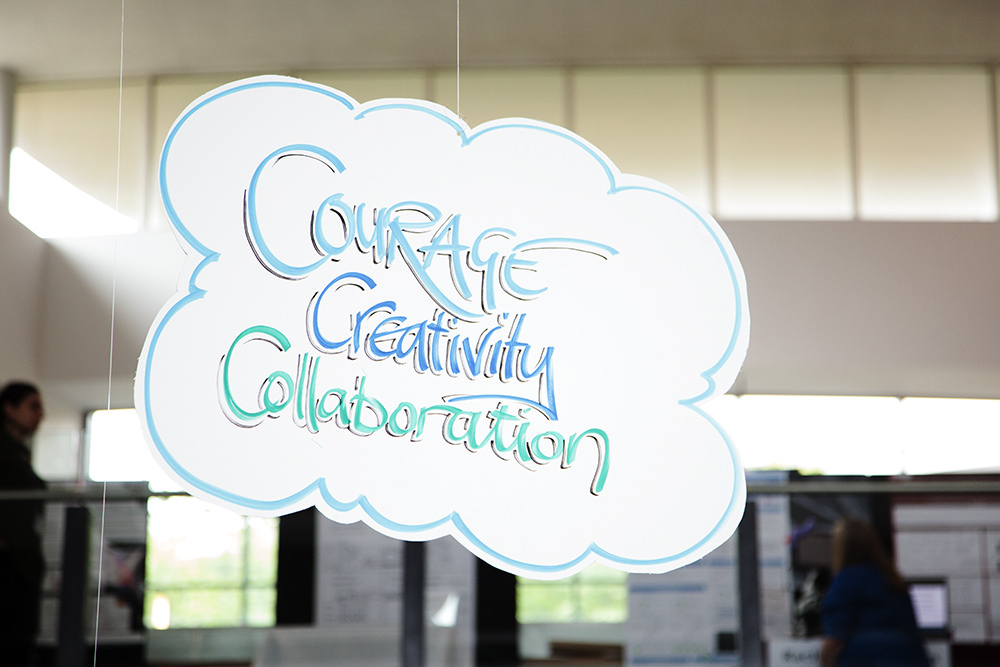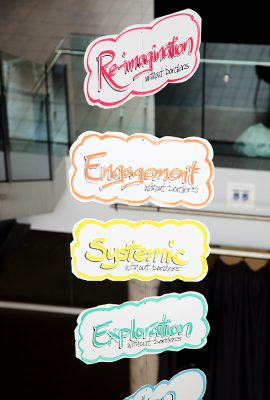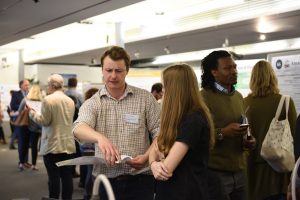Dr. Laura Fox, who recently completed her PhD at the University of Bristol, is a Development Scientist/ KTP Associate in the Physics department at the University of Manchester. In May 2019, when she was still a postgraduate researcher (PGR), she won the ‘Best-Communicated Exhibit’ prize at the 2019 Research without Borders showcase exhibition.
Below, she reflects on the festival — and why getting involved was such a positive experience for her.
I took part in Research without Borders (RwB) in the final year of my PhD (2019), while I was writing my thesis. I decided to take part mostly because I had gotten fed up with the daily slog of writing and sitting at my desk for weeks on end. Taking part in the festival let me have fun with my research again and view my work from a new perspective.
Getting out of the writing bubble
Coming to the end of a research degree sometimes feels like you don’t have time for anything else. You can feel like you should live and breathe your research, which you probably have been doing for 3/4 years.
When you have been working on something for so long, it can definitely start to feel a bit stale towards the end. Taking myself out of the writing bubble to view my research from the eyes of the general public really helped me to squash that feeling. I really enjoyed putting some creativity into the stall design, making colourful and engaging posters, displays and demonstrations. Sparking a bit of joy back into my research again.
The BDC provided some really helpful sessions to help us plan a stall design, discussing what had worked well before and how best to communicate with a wide variety of people that would likely visit us on the day. From these sessions, I learnt the importance of keeping it simple and how much people love to be quizzed!
Sharing research with diverse audiences
I had a bit of set-up to do on the day, as I had decided to make a display out of balloons to represent a cell membrane. Quite a few popped, as you can imagine.
I was ready to go as the doors opened with props and quizzes to describe what I had been doing for the last three years of my life! The first guests at my stall were a large group of retirees that took part in my quiz, ‘Nano: nice or nuisance?’. I was surprised at how much they already knew and they had some brilliant questions. This experience taught me never to assume someone’s knowledge! Within the group were people who used to be engineers and worked at NASA!
From then on, I had lots of visitors at the stall throughout the day — including four-year-olds, sixth-formers, teachers and industry professionals working in a huge variety of fields. Explaining my work to such a large range of people with different science capital was a challenge, but one I’d been prepared for.
A rewarding experience
The event was brought to a fantastic end by the final of the Three Minute Thesis (3MT) competition, which I watched as part of the audience. At the prize-giving and drinks event afterwards, I won the prize for the ‘Best-Communicated Exhibit’ — and I got to use the prize money to attend a conference and give an oral presentation in Sofia, Bulgaria. I’m now happy to say I’ve since submitted my thesis and passed my viva!
Taking part in RwB gave me improved communication skills, the opportunity to network and, most importantly, renewed energy to finish writing up! It’s a fun day and a fantastic thing to put on your CV, so what are you waiting for? Apply!
Want to give it a try yourself? To apply for this year’s festival, just complete the Research without Borders application form before 9am on Thursday 6 February 2020.
If you’d like to get more information about the festival before you apply, the Bristol Doctoral College team will be holding two drop-in sessions in the PGR Hub (2nd floor, Senate House). Join us at:
- 1.30–2.30pm on Wednesday 22 January
- 1.30–2.30pm on Friday 24 January.


